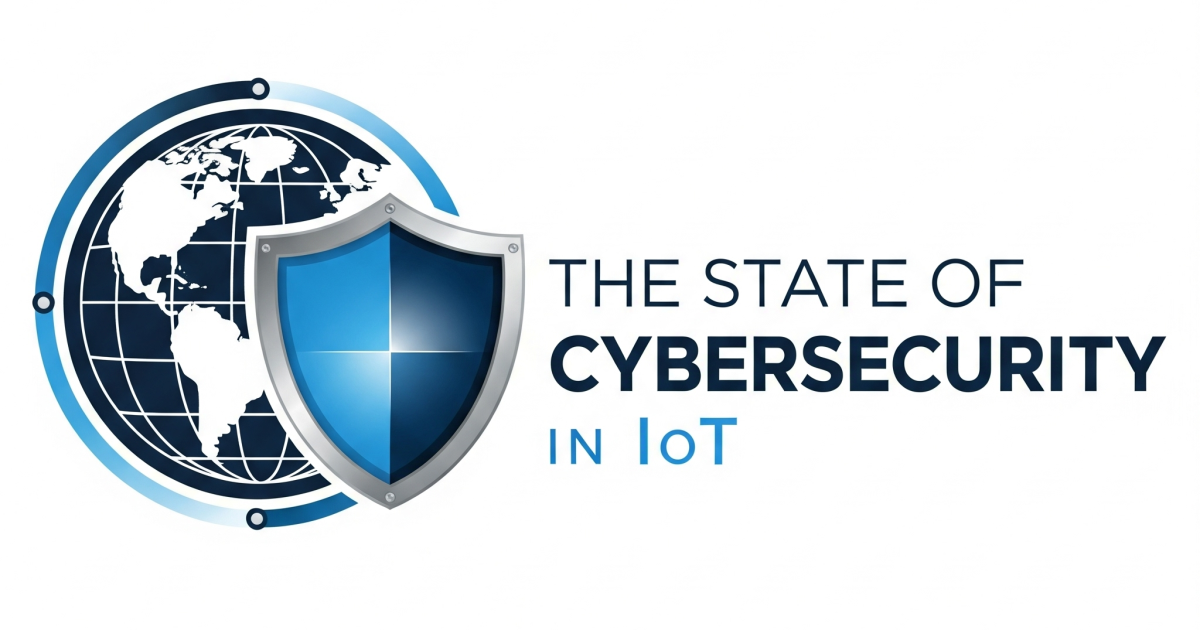
Whether an IoT provider is a small or medium-sized business (SMB), a full-blown global hyperscaler or any in-between operation, organizations can do quite a lot when it comes to big sustainability measures in this space. Semtech, for example, just recently published its own Corporate Sustainability report, outlining the lengths it goes to in terms of its ESG (Environmental, Social, and Governance) initiatives.
Another company that harnesses the power of IoT while operating sustainably?
KORE.
KORE, a global pure-play hyperscaler and provider of reliable connectivity and analytics solutions, has announced its own environmentally conscious initiative: KORE will be reducing the size of card bodies in its SIM shipments to reduce waste and support long-haul, enterprise-grade sustainability developments in the process.
The production of SIM cards is unignorable when weighing areas to improve upon in IoT, sustainability-wise. SIM cards – which power cellular connectivity in smartphones, connected vehicles, you name it – are a consumer technology that sees sales and vast shipments each year. (Per ABI Research, more than 4.5 billion SIM cards annually.) This accounts for more than 560,000 tons of carbon dioxide and 18,000 tons of plastic waste, which is why (despite the fact that SIM cards are smaller now than they were, say, three decades ago) the packaging itself (a.k.a. the card body) is still large enough to signal an action item for sustainability here.
So, KORE plans to reduce SIM card bodies by 50%. KORE’s teams will also:
- Reduce shipping costs by 50%, due to the weight reduction
- Reduce KORE's own carbon footprint by 16%
- Support customers in reducing their plastic waste by 50%
Additionally, KORE’s OmniSIM eSIM solution is able to be provisioned remotely, as well as used over the entire device lifecycle. (As opposed to traditional SIM cards that need to be swapped when network changes occur.) Not having to physically swap SIM cards reduces the carbon and plastic emissions associated with SIM manufacturing and the shipping of new SIMs.
“Overall, KORE saves 24 tons of CO2 in its eSIM shipments, and we’re just getting started,” said KORE President and CEO Romil Bahl. “KORE consistently looks for ways to leverage IoT to help organizations with their sustainability and environmental goals," said KORE President and CEO Romil Bahl. "We also evaluate our own processes and products to find ways to have a positive impact on global sustainability initiatives.”
Interested in learning more? KORE is hosting a webinar called The State of IoT and Digital Transformation at 10 a.m. EST on June 6. At the time of this article’s publication, webinar registration is still open.
Edited by
Greg Tavarez





